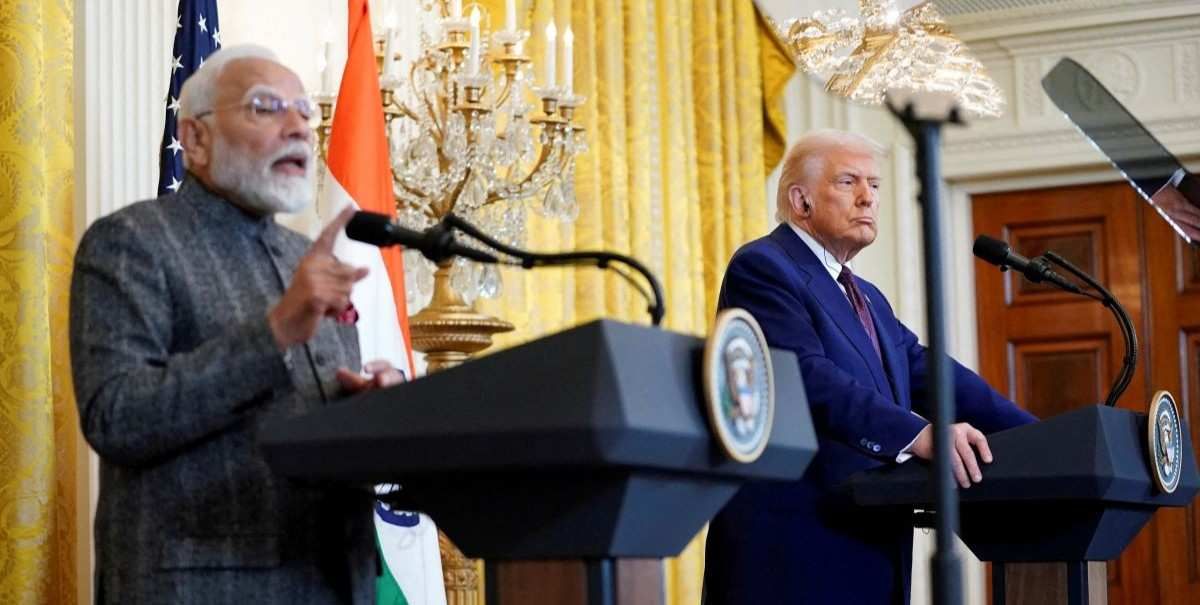Trump sanctions Russia’s biggest oil firms
Missing a date has consequences: days after canceling a second meeting this year with Russian President Vladimir Putin, US President Donald Trump imposed sanctions on Russia’s two largest oil companies, Rosneft and Lukoil, a sign of Washington’s growing frustration with the Kremlin. Europe piled on, imposing its 19th set of sanctions on Moscow. Oil prices jumped in response. In a sign that India, the second-biggest purchaser of Russian oil, could abide by these sanctions, Delhi’s top refiner is looking at halting purchases from Moscow. Further, The Wall Street Journal reported that the White House has authorized Ukraine to strike deep inside Russia. Trump denied the report, but a Russian munitions factory some 1,000 miles from the Ukrainian border was hit last night, killing at least 10.
Myanmar’s junta gains ground with China’s help
Myanmar’s military junta has regained key territory in Shan State, reversing major losses from last year’s insurgent offensives in the country’s brutal four-year civil war. Since the 2021 coup that ousted the previous pro-democracy leader, ethnic armies and local militias have battled to topple military rule. The army has now retaken strategically important towns in the Shan State using new Chinese-supplied drones, airpower, and 60,000 conscripts. China’s growing support has tilted the balance decisively toward the junta, even as large parts of Myanmar remain contested and devastated by civil war.
Brazil’s president to seek a fourth term
Brazilian President Luiz Inacio Lula da Silva, known as Lula, announced on Thursday that he will run for reelection in 2026, seeking a fourth non-consecutive term at 79 years old. Lula’s popularity has been on the rise in reaction to Trump’s tariffs and pressure to drop the case against former President Jair Bolsonaro – who was convicted of inciting a coup. Lula is sharpening his rich-versus-poor rhetoric as he begins his campaign around the country, calling for higher taxes on the wealthy, fintechs, and gambling companies. It is unclear who will oppose him, but Bolsonaro is likely to serve as a kingmaker in choosing the next leader of his right-wing movement.
